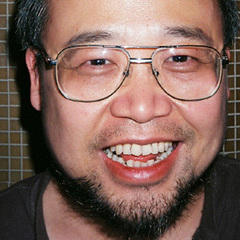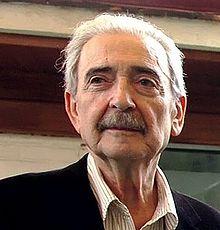William Cowper Quotes - Page 3

William Cowper, Robert Southey (1854). “The Works: Comprising His Poems, Correspondence and Translations : in Eight Volumes. ¬The poetical works, Vol. 1”, p.41
William Cowper, John William Cunningham, William Hayley (1835). “The Life and Works of William Cowper: His life and letters by William Hayley. Now first completed by the introduction of Cowper's private correspondence”, p.391
William Cowper, James Sambrook (2016). “William Cowper: The Task and Selected Other Poems”, p.200, Routledge
William Cowper, Robert Southey (1837). “Life and Works, by Robert Southey. - London, Baldwin and Crodok 1835-1837”, p.112
William Cowper (1853). “The Works of William Cowper”, p.29
William Cowper (1849). “The Complete Poetical Works of William Cowper, Esq., Including the Copyright Poems, with a Life of the Author, from the Edition of Robert Southey”, p.222
William Cowper, “The Task: Book Vi. -- The Winter Walk At Noon”
'The Task' (1785) bk. 3 'The Garden' l. 326 (on hunting)
War's a game, which, were their subjects wise, Kings would not play at.
'The Task' (1785) bk. 5 'The Winter Morning Walk' l. 187
William Cowper (1822). “The poems of William Cowper”, p.136
The bud may have a bitter taste, But sweet will be the flower.
William Cowper (1874). “The poetical works of William Cowper, ed: with notes and biographical introd. by William Benham”, p.34
William Cowper (1855). “The complete poetical works of William Cowper, with life and critical notice of his writings”, p.224
How much a dunce that has been sent to roam, excels a dunce that has been kept at home.
'The Progress of Error' (1782) l. 415
There is a pleasure in poetic pains / Which only poets know.
'The Task' (1785) bk. 2 'The Timepiece' l. 285
Far happier are the dead methinks than they who look for death and fear it every day.
William Cowper (1851). “The Works of William Cowper: His Life, Letters, and Poems. Now First Completed by the Introduction of Cowper's Private Correspondence”, p.713
William Cowper (1824). “Poems of William Cowper, Esq”, p.75
Ye therefore who love mercy, teach your sons to love it, too.
William Cowper (1854). “The Poetical Works of William Cowper”, p.143
An idler is a watch that wants both hands; As useless if it goes as when it stands.
William Cowper (1872). “The poetical works of William Cowper: Complete ed., with memoir, explanatory notes etc”, p.208
Time, as he passes us, has a dove's wing, Unsoil'd, and swift, and of a silken sound.
William Cowper (1824). “Poems of William Cowper, Esq”, p.236
To follow foolish precedents, and wink With both our eyes, is easier than to think.
William Cowper (1835). “The Works of William Cowper: Table talk. The task. Tirocinium; or, A review of schools. Miscellaneous poems”, p.316
William Cowper (1872). “The poetical works of William Cowper: Complete ed., with memoir, explanatory notes etc”, p.207
William Cowper (1845). “The Poetical Works of William Cowper”, p.1
William Cowper (1857). “The Poetical Works of William Cowper: With a Memoir of the Author”, p.124






